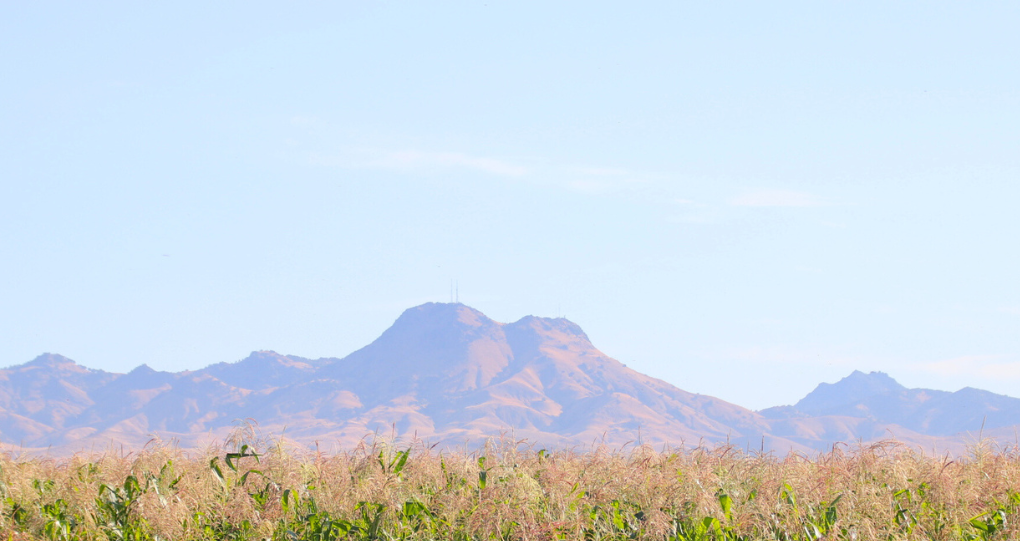
WE BElieve in building a strong world, too
In 2022, we became the first chips to be
made with certified regenerative corn
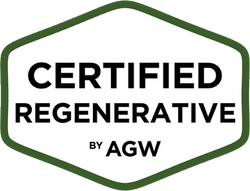
This certification provides a whole-farm assurance of regeneration and sustainability, measuring benefits for soil, water, air, biodiversity, infrastructure, animal welfare, and social responsibility.
Our partner farms spent two years in partnership with A Greener World, evaluating farm standards, plans, and auditing procedures in order to become Certified Regenerative.
OUR FARMING PRACTICES
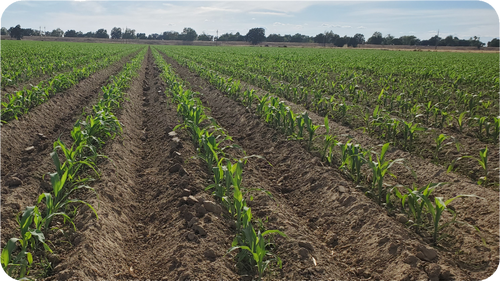
LESS TILLAGE
Tilling has pros and cons. Tilling mixes organic plant material into the soil and keeps weeds at bay, but it also releases carbon into the atmosphere, and decreases the amount of nutrients available to plants. Our farms till sparingly, never going too deep or in too large of an area, keeping weeds away without too many negative effects.
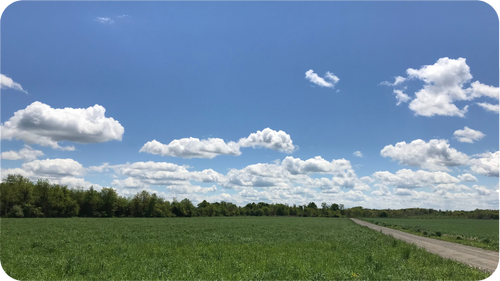
PLANTING VARIED COVER CROPS
Between corn harvests, our farms plant cover crops. Cover crops act like armor for our soil; they reduce erosion and deposit carbon from the atmosphere into the soil for microbes to consume. In exchange for the carbon, the microbes provide nutrients for the crops. After fully grown, the cover crops are incorporated into the soil, contributing to more carbon sequestration. Zack’s Mighty farmers plant a variety of cover crop species, resulting in an abundance of different nutrients for the microbes and the crops.
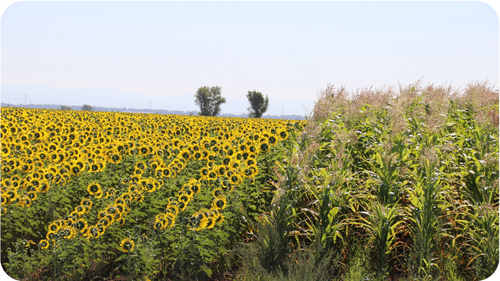
CROP ROTATION
Crop rotation is just that - rotating the type of crop grown in a given field. It keeps pests guessing since they never have a permanent source of their favorite crop. It also increases soil nutrients like nitrogen, which is key for corn.
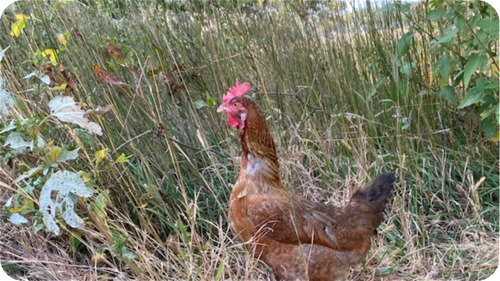
COMPOSTING
We use composted poultry manure to fertilize our corn. It doesn't harm soil microbes or pose waterway runoff risk like other fertilizers do. In fact, the compost incorporates additional beneficial microbes into the soil. It also adds organic matter, increases the water holding capacity of soil, and recycles waste.
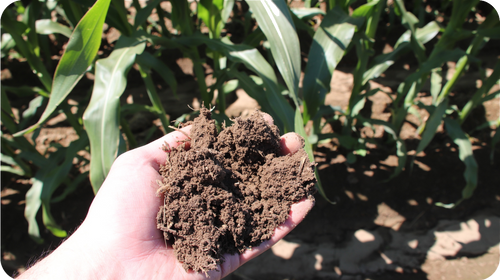
SOIL TESTING
How do we know all of this makes a difference? We perform soil tests every year on all of our fields to make sure that the soil is happy, healthy, and full of nutrients to grow the best possible corn — all in the service of bringing you the best possible tortilla chip!


